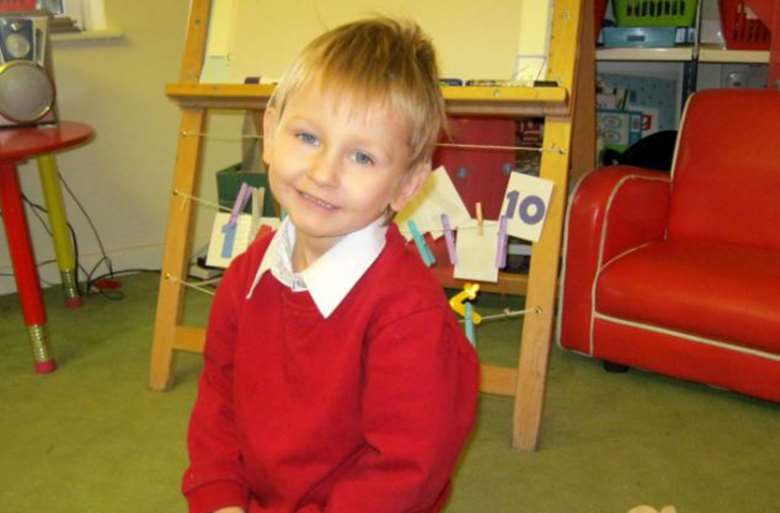Daniel Pelka SCR: Four-year-old "invisible" to professionals
Neil Puffett
Tuesday, September 17, 2013
A four-year-old who was murdered after months of starvation and beatings was effectively "invisible" to professionals as a result of language barriers, a probe has found.

Daniel Pelka, whose first language was Polish, died at his home in Coventry from a head injury in March 2012.
His mother, Magdelena Luczak, 27, and her boyfriend, Mariusz Krezolek, 34, were sentenced to a minimum of 30 years in prison after being found guilty of his murder in July.
A serious case review (SCR) by Coventry Local Safeguarding Children Board found that Luczak and Krezolek deliberately set out to harm him and mislead professionals about what they were doing.
Although a number of concerns were raised with the family by professionals, Daniel’s “voice was not heard” due to his lack of English and low confidence.
The report states that "at times", this rendered him effectively "invisible" as a needy child.
"His poor language skills and isolated situation meant that there was often a lack of a child focus to interventions by professionals," the SCR states.
The report found that agencies were involved with Daniel's family on numerous occasions.
Police were called to 26 separate incidents at the family home over a four-year period between November 2006 and December 2010, but “the child protection risks to the children in this volatile household were not fully perceived or identified”.
And in January 2011, professionals “too readily” accepted that a broken arm Daniel suffered was accidentally caused.
Meanwhile, his school failed to act upon a pattern of injuries and marks to Daniel in the four months prior to his death.
These included a bruise on the forehead in December 2011, bruises on his neck in January 2012, and bruises to his eyes and a scratched nose in February 2012.
Daniel had been asked by a teaching assistant about how two of the injuries were caused but he was reported not to give any explanation and would "just look down and not say anything”.
The report said that Daniel’s voice was not heard due to lacking English as his first language and because of his “lack of confidence”.
“Whilst some school staff were able to give helpful descriptions of Daniel in their observations of him in class, overall there is no record of any conversation held with him by any professional about his home life, his experiences outside school, his wishes and feelings and his relationship with his siblings, mother and her male partners,” it added.
The SCR report also highlights how Daniel’s weight loss was not recognised at a paediatric appointment in February 2012, nor child abuse considered as a likely reason for the presenting problems.
The review added that professionals needed to “think the unthinkable” and believe and act upon what they saw in front of them rather than accept parental versions of what was happening.
The report makes 15 recommendations for changes to current practice and processes, joint working and training across agencies in Coventry.
These include a recommendation that schools and academies should have a robust system for recording injuries or welfare concerns about children, and make sure necessary actions to address the concerns are taken.
“Head teachers should ensure that school staff including the attendance officer, learning mentor, special educational needs co-ordinator and senior management within school should meet twice per term to discuss children with a number of different concerns,” the report states.
The report’s author, Ron Lock, said: “No one professional, with what they knew of Daniel’s circumstances, suspected or could have predicted that he would be killed.
“This was a complex and tragic case. Daniel’s mother seemed plausible in her concerns about him, Daniel’s siblings appeared well cared for and no concerns were expressed by neighbours or the wider community.
“Strong concerns nevertheless emerged about Daniel’s circumstances and his care, although at no point were practitioners who had contact with him prepared to think the unthinkable and consider that he might be suffering abuse.
“But if professionals had used more enquiring minds, and been more focused in their intentions to address concerns, it’s likely that Daniel would have been better protected from the people who killed him.”
Amy Weir, independent chair of Coventry Local Safeguarding Children Board, said implementation of the report's recommendations will be monitored by the board.




